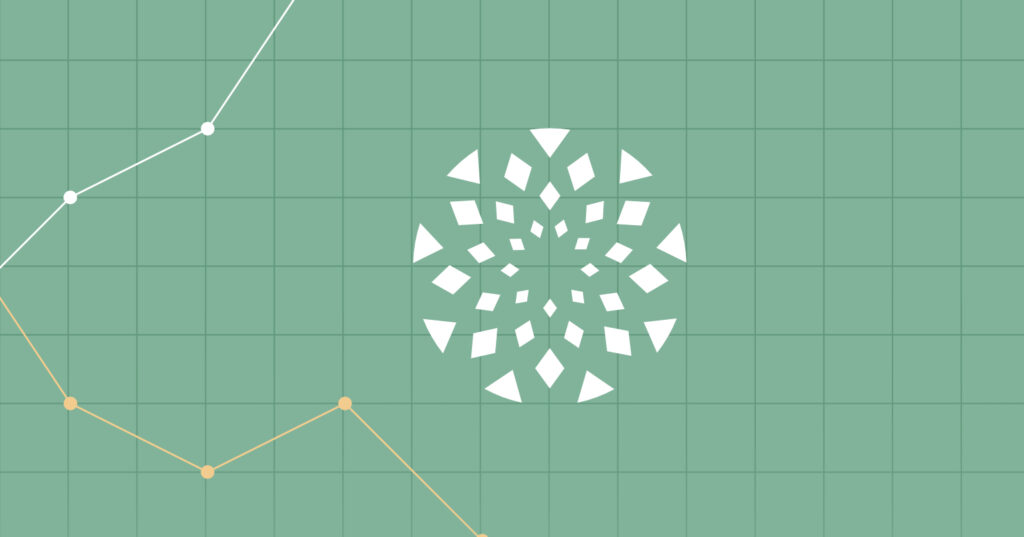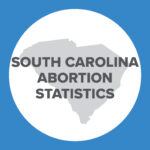New Study: Elevated Suicide Rates Among Mothers after Abortion
In 2019, a study titled Maternal Suicide in Italy by Lega et al. was published in the journal Archives of Women’s Mental Health detailing suicide rates in Italian mothers. In the study, “maternal suicide” is defined as “women who died by suicide during pregnancy or within 1 year after giving birth, induced abortion or miscarriage.” The authors identified 67 cases of maternal suicide between 2006-2012, which corresponded with a maternal suicide ratio of 2.30/100,000 live births. Of the maternal suicides included in this study, the suicide rate of women who had abortions was more than double the suicide rate of women who gave birth. The maternal suicide rate among women who suffered miscarriages was also stunningly high highlighting the need to support mothers grieving from the loss of a baby.
The below table illustrates the rates of maternal suicide by category.
Table 1: Italy

Unfortunately, the Italian data is not isolated. Similar results have been reported in Finland and the United States.
A 1996 Finnish study categorizing maternal suicides found the following ratios during 1987-1994.
Table 2: Finland

The Finnish study indicates that in the year following an abortion (with most deaths occurring in the first two months) women were three times more likely to commit suicide than the general population, and nearly six times more likely to commit suicide than women who gave birth.
Similarly, a United States study examining 173,279 low-income California Medicaid patients found that women who underwent abortions had nearly double the chance of dying in the following two years, and “had a 154 percent higher risk of death from suicide” than if they gave birth.
While each study has a specific methodology and context, the staggering correlation between abortion and suicide rates remains. Some of the studies indicate that pre-existing mental health issues may also be a contributing factor, highlighting the need for strong informed consent protocols for women who choose abortion. Additionally, thorough pre-abortion screening needs to take place to ensure that certain conditions, such as mental illness, that are linked to negative outcomes after abortion are known. Many personal and heartbreaking abortion stories are released into the vastness of the internet as an ever-present reminder of the deep mental anguish that many women (and their families) suffer.
Many resources, however, exist for women looking for healing and support through their grief, including:
- Rachel’s Vineyard – Healing retreats for men and women impacted by abortion
- National Suicide Hotline — Call 1-800-273-8255 (Available 24 hours, 7 days a week)
- Abortion Changes You – Map of support services
Hannah Howard, M.S., is a research associate at the Charlotte Lozier Institute.


























